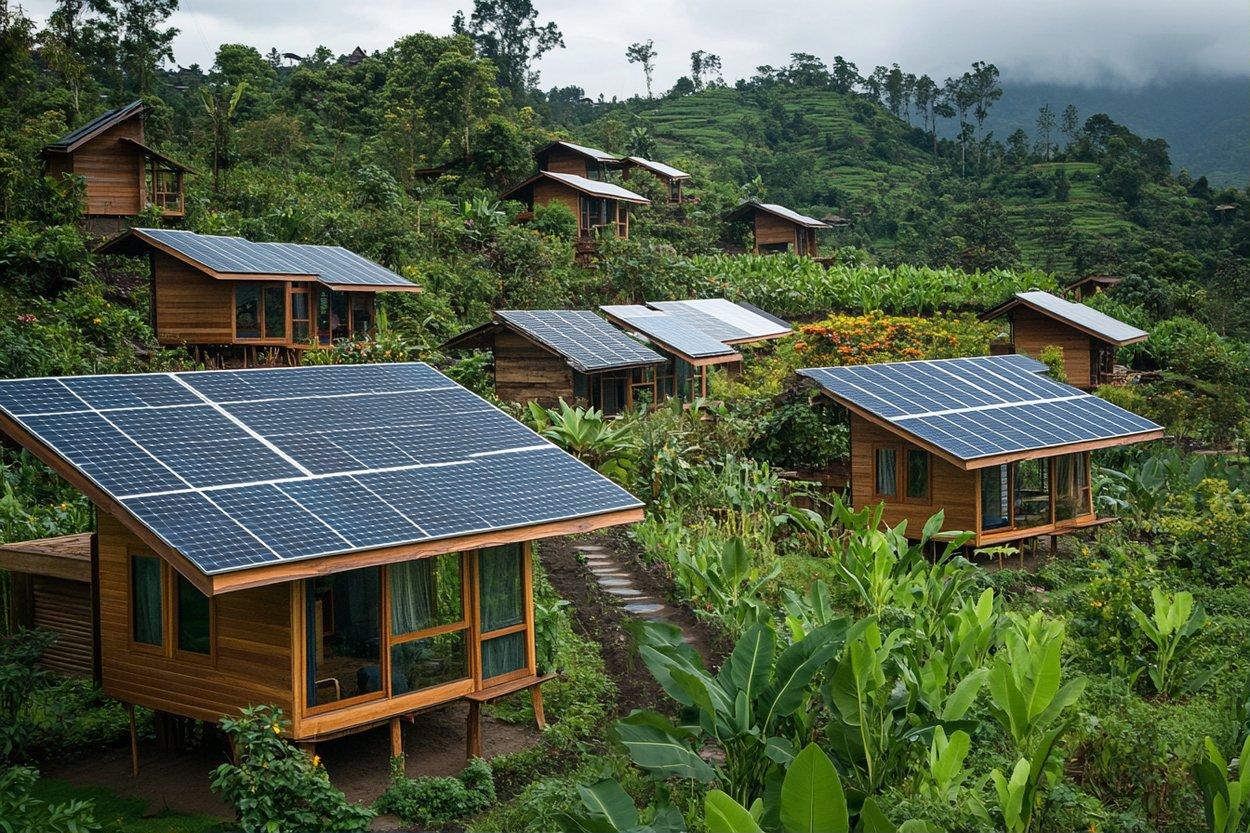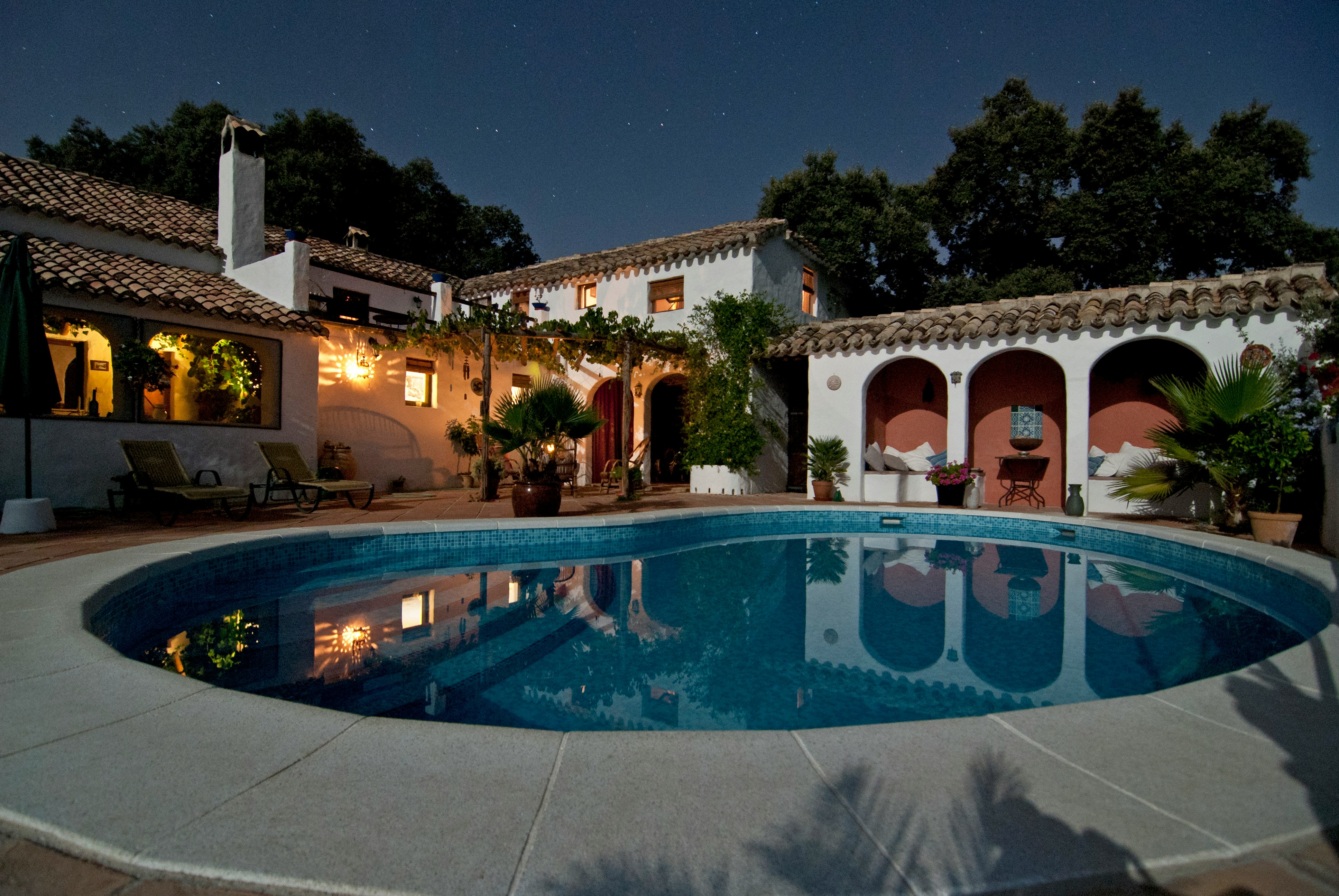The Advantages and Practicalities of Wooden Houses
Introduction: Wooden houses are not just structures; they are artistic creations that hold centuries-old traditions. Today, these houses are not only appreciated for their rustic charm but also for their sustainability and energy efficiency. Wooden houses have a unique charm that sets them apart from homes made of other materials. They have a warm and inviting aesthetic that can’t be replicated by concrete or steel. The natural texture and color of wood add to the overall appeal, making the house feel more homely and inviting.

Are Wooden Houses Durable?
One common concern about wooden houses is their durability. The truth is, with appropriate care and maintenance, wooden houses can last for centuries. The key lies in choosing the right type of wood for construction, treating the wood to prevent insect infestations and decay, and maintaining the house regularly to ensure its structural integrity.
How Do Wooden Houses Contribute to Sustainability?
Wood is a renewable resource, which makes wooden houses an excellent choice for those concerned about the environment. Additionally, wood has natural insulating properties that can help reduce energy consumption for heating or cooling, thereby contributing to sustainability.
What Are the Energy Efficiency Benefits of Wooden Houses?
As mentioned earlier, wood has natural insulating properties, which can help maintain a comfortable indoor temperature regardless of the weather outside. This means less reliance on artificial heating or cooling systems, leading to lower energy bills and reduced carbon footprint.
What Are Some Unique Facts About Wooden Houses in Worldwide?
Wooden houses are popular around the world, and each region has its unique style and construction techniques. For instance, in Scandinavia, wooden houses are often painted in bright colors, while in Japan, traditional wooden houses known as Minka are known for their intricate joinery techniques that require no nails or screws.
What Are the Costs Associated with Wooden Houses?
While the initial cost of building a wooden house might be higher than a conventional home, the long-term savings in terms of energy bills can offset this. Here’s a comparison of the typical costs associated with different types of homes:
| Home Type | Initial Construction Cost | Average Annual Energy Cost |
|---|---|---|
| Wooden House | $200,000 | $1,200 |
| Conventional House | $175,000 | $2,000 |
| Steel House | $250,000 | $1,500 |
Prices, rates, or cost estimates mentioned in this article are based on the latest available information but may change over time. Independent research is advised before making financial decisions.
Wooden houses are a testament to the harmony that can exist between humans and nature. They are a blend of beauty, durability, and sustainability, making them a worthy consideration for anyone looking to build a new home. The slightly higher initial cost is balanced by the long-term savings and the priceless charm and comfort that wooden houses offer.




